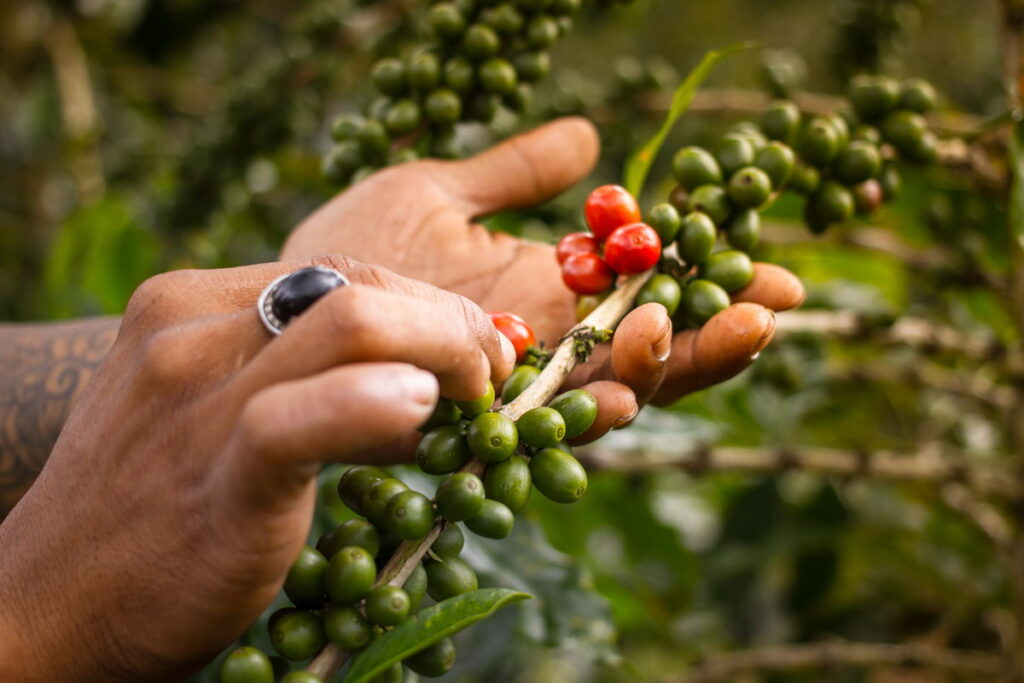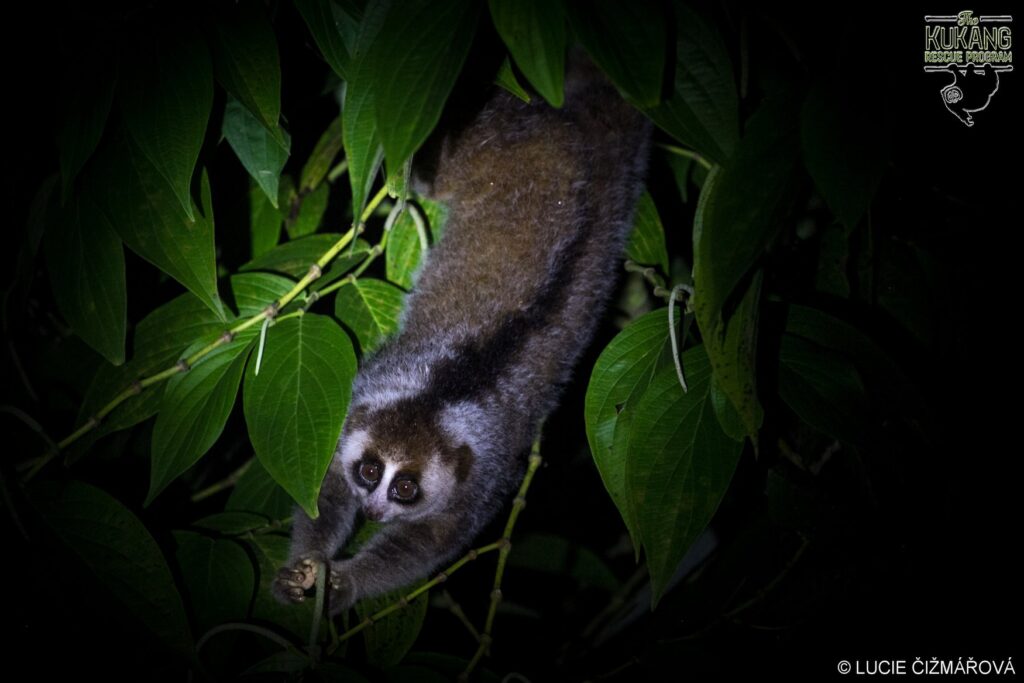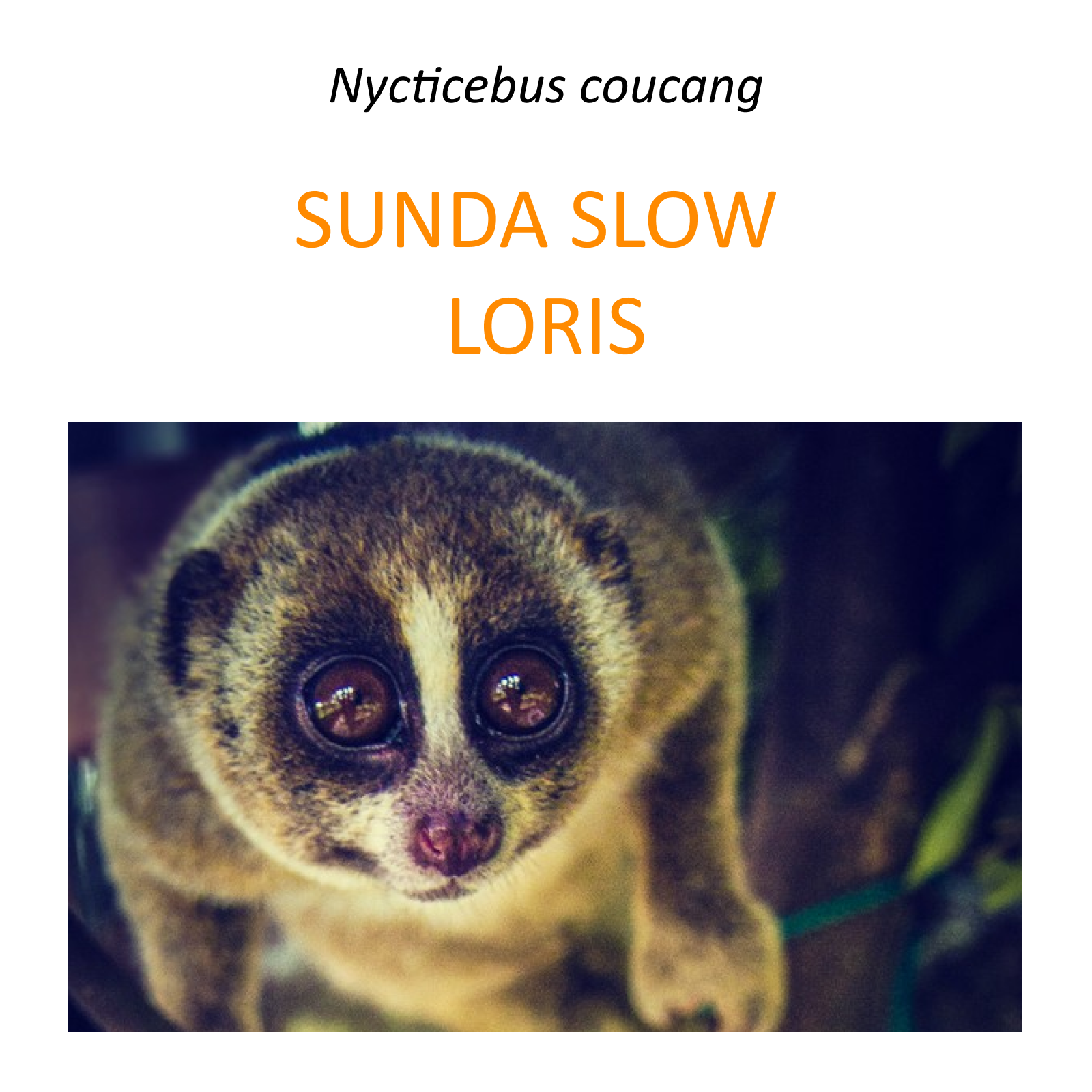Description
Illegal trade in Sunda slow lorises: small mammals of the lorisidae family, may soon contribute to their extinction. These animals are caught from their environment to become pets or a tourist attraction on the beaches of Indonesia or Thailand. Unaware of the misery of animals, tourists and owners of exotic pets fuel the illegal trade in protected animal species.
The International Union for Conservation of Nature (IUCN) has classified Sunda slow loris as a critically endangered (CR)
Sunda slow loris or greater slow loris (Nycticebus coucang) inhabits the rainforests of Indonesia, including Sumatra, Malaysia, Thailand and Singapore. Compared to other lorisidae, it is large, up to 38 cm, and can weigh up to 700 g. It has a characteristic of this family round head, large eyes, reflective film, small ears and a moist nose. It lives in the treetops. Slow lorises feed on fruit, invertebrates (frequently those with an awful taste and smell for other animals), small vertebrates, fruits, leaves, or bark. Its basic food is plant sap and nectar produced by local plants and resin obtained by licking drops from wounds on trees. Slow lorises can digest resin thanks to their large cecum. Lorises contribute to pollinating plants and spreading plant seeds by eating fruits and flower nectar. They are nocturnal animals, they lead a solitary lifestyle. Interestingly, they are monogamous. The male helps the female in rearing young and only during this period you can you meet lorises together.
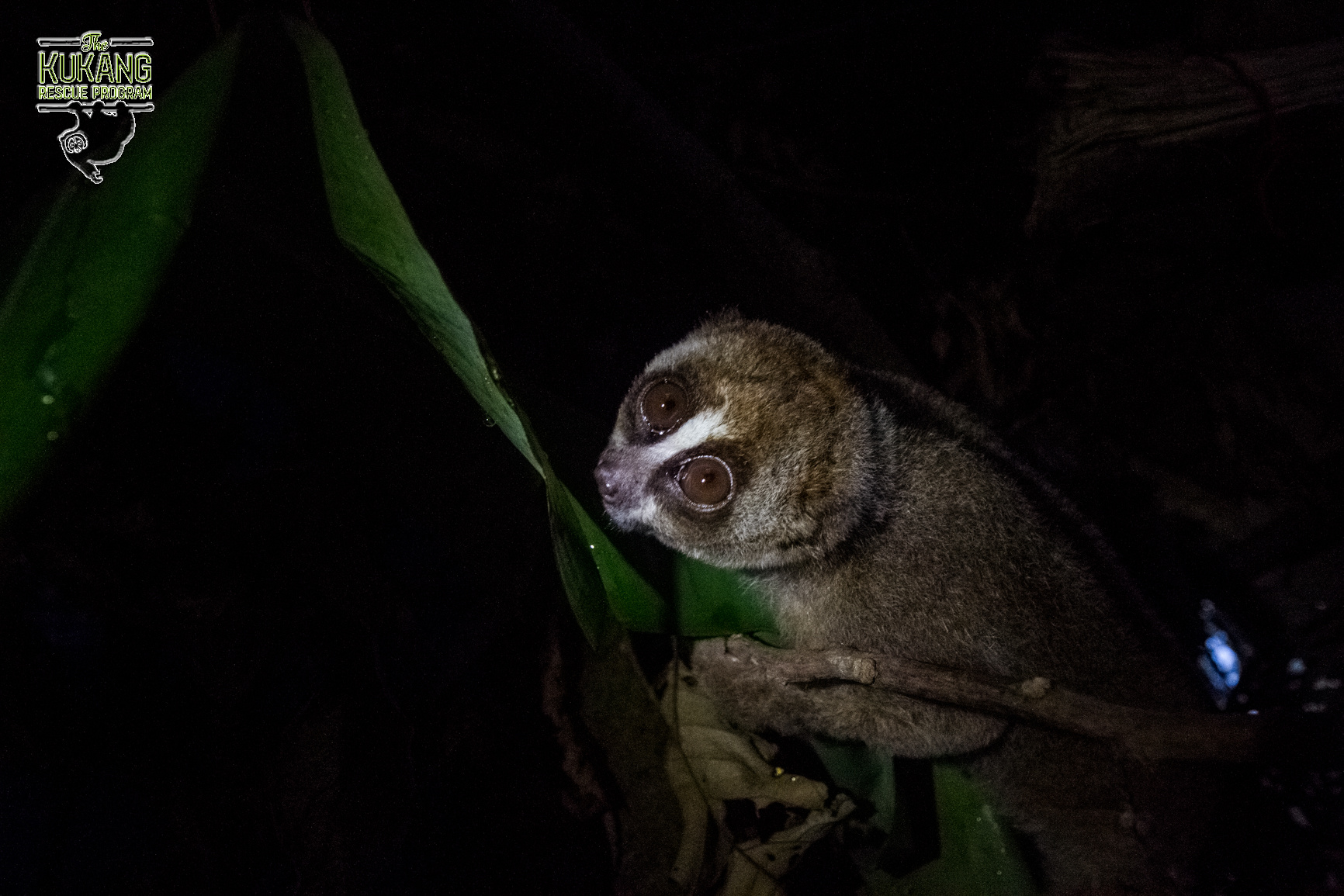
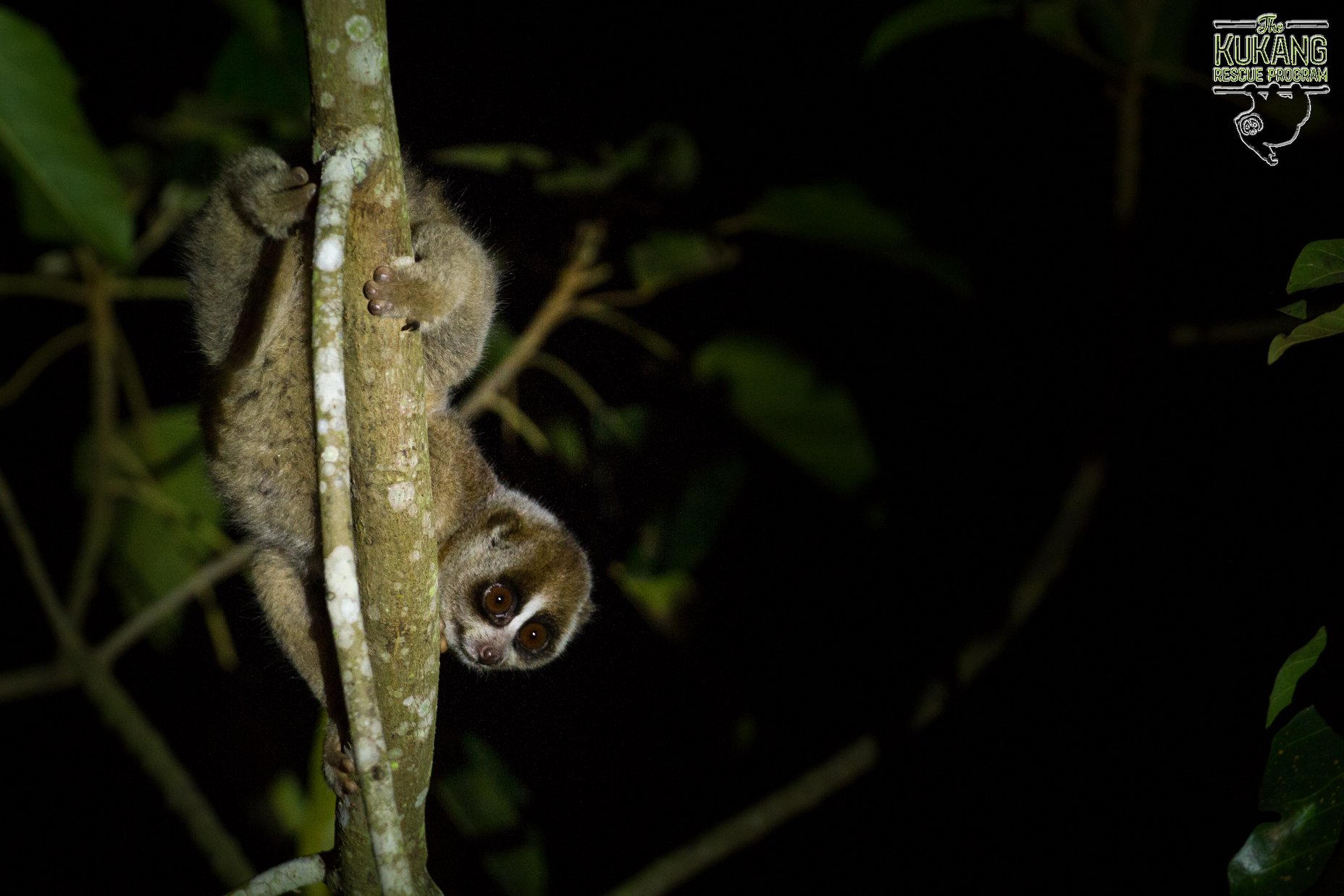
Lorises are the only venomous primates in the world. They produce a toxic substance in a gland on the inside of the elbow. The toxin is only activated when it comes into contact with saliva. By licking themselves and their cubs, they spread the toxin on their hair. It is a very effective protection against predators. When bitten, the toxin is also dangerous to humans. For this reason, lorises sold as pets or posing for photos have their tusks pulled out. This is done in a bestial way, without anaesthesia and hygiene, so many of them do not survive this “procedure”. In the event of confiscation, tuskless animals cannot be released into the environment as they become vulnerable and find it difficult to find food.
What we do?
We support financially the slow loris rescue program in Sumatra. Thanks to our support, The Kukang Rescue Program rescues confiscated slow lorises and, where possible, releases them back into the wild. We also conduct educational activities and events for local people and tourists in Sumatra.
We have hosted representatives of the Kukang program at numerous “ZOO&DODO to the Rescue meetings dedicated to saving the slow loris.
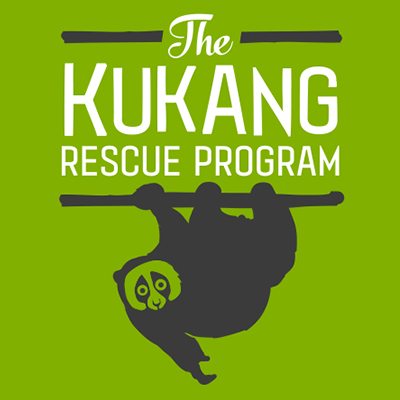
In October 2024, thanks to the support of the NH Cinema, we organized the Polish premiere of The Kukang Movie: A Story about Slow Lorises and People.
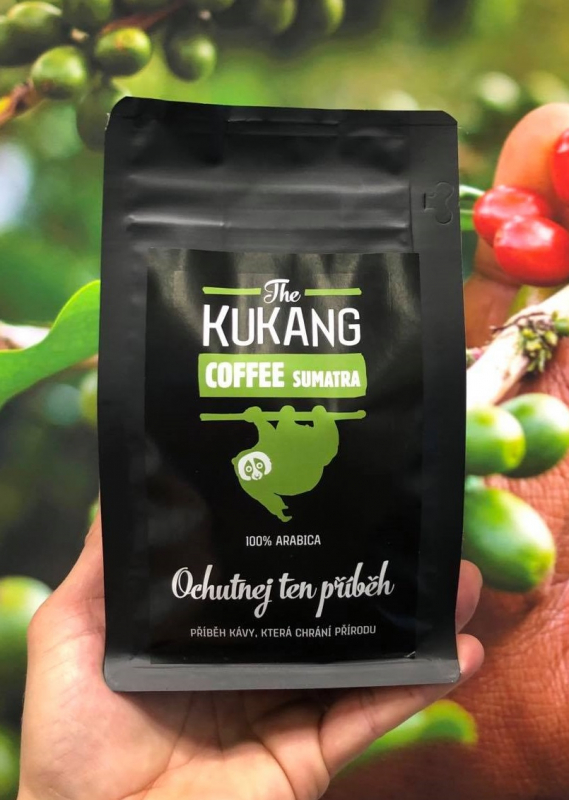
We always remind everyone that wild and protected animals cannot be kept as pets and that it is not polite to take pictures with them for money during exotic vacations.
You can drink KUKANG coffee from Sumatra at Café DODO in Wrocław Zoo and thus support the conservation project of slow lorieses.
